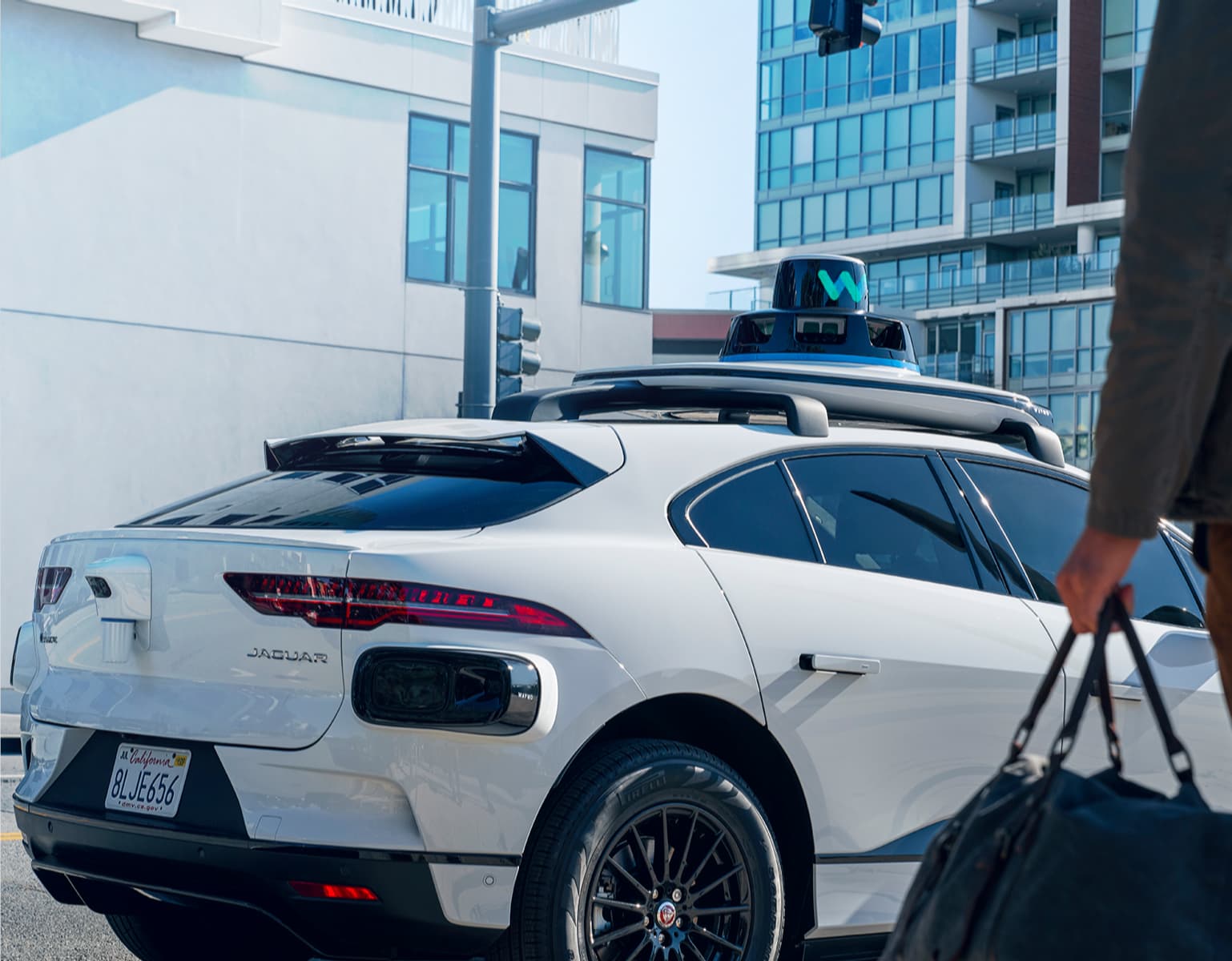
Significant restrictions on driverless cars were controversially lifted in San Francisco on August 10, a sign of success for the tech, automotive, and Transportation as a Service (TaaS) industries after a challenging post-COVID recovery.
The California Public Utilities Commission (CPUC) voted 3-1 to allow the industry leaders—General Motors-owned Cruise and Alphabet’s Waymo—to operate their robotaxis 24/7 and charge ride fees to users.
The CPUC heard six and a half hours of contentious public commentary and arguments about autonomous vehicle safety before signing off on the use of the still-fledgling technology. The arguments continued with a motion to pause on August 17 from the San Francisco city attorney, and a subsequent autonomous vehicle collision with a fire truck. The developments may, even at this late stage, bring more caution to the project.
With its famously hilly streets, wind, and fog, San Francisco is a challenging location for autonomous vehicle (AV) testing. But it is exactly what Cruise wanted, to encounter as many edge cases as possible early on and learn from them. In contrast, Waymo began testing in sunny, flat Phoenix, initially in purpose-built facilities. Considering the high upfront cost of driverless cars, their primary use—initially at least—will be as TaaS, rather than for private use, with large corporations more easily absorbing these costs. The companies first away from the lights and likely to lead the AV fleet revolution include Waymo, Cruise, Uber, and Didi.
Smart transportation meets the smart city
Smart cities are about creating more liveable environments through factors such as urban planning, transport, and mobility. According to research from GlobalData, the smart cities market is set to double from $221.1 billion in 2019 to $442.6 billion by 2025. As the global population and rates of urbanization grow, ‘Smart-ifying’ cities will become increasingly important. A smart city is one where short journeys are walkable and bikeable, the public transport system is well-developed, TaaS functions seamlessly, and the city runs on the data provided by sensors.
As a rule, what California does, other US states tend to follow. The CPUC has created the perfect opportunity for Cruise and Waymo to lead state regulation on autonomous vehicles by creating a regulatory framework for other US states to adopt, as it seems unlikely the US federal government will lead on this.
Waymo is looking to expand to Los Angeles and New York, and Cruise in Miami and Austin. The US and China, two of the earliest adopters of the technology, are vying for the top spot. Further adoption could help the US accelerate ahead of China, which like the EU, has been delayed by centralized national safety frameworks and the development of its well-established public transport systems.
Is this a kick-start for a new generation of smart-er cities?
The IESE’s 2022 Cities in Motion Index placed New York, Beijing, and Paris as the top three smart cities ranked by mobility and transport. New York takes the top spot due to its well-developed subway system, and Waymo’s expansion in the city should bolster its TaaS offering to keep the Big Apple at number one.
Beijing has permitted Baidu to test autonomous vehicles, while in another highly ranked smart city, Paris, EasyMile is partnering with Keolis for the 2024 Summer Olympics to transport athletes and attendees in remotely monitored driverless shuttles between car parks and shooting ranges. Success with this project will sharpen focus and will help get these shuttles onto public roads. This has already begun at the University of Toulouse.
Double standards for driverless cars
The backlash against driverless cars has been growing, with autonomous vehicles recorded stopping traffic. But would we care so much if a human driver reduced traffic to a standstill amid blaring car horns and livestreams? Opponents have been protesting by placing traffic cones on the cars and disabling them, which has been described as an “act of vandalism” by Waymo spokesperson Katherine Barma.
Waymo states that 1.35 million deaths worldwide are caused by human-driver vehicle crashes. The case for driverless cars is that they cannot get drunk, angry, sick, or tired. They reduce fatalities and carbon emissions, create a judgment and fear-free zone for riders, and increase mobility for the disabled.
But with great tech comes great responsibility; to keep these cars safe from attacks on steering, brakes, and even car lock ransoms, they will need tough cybersecurity safety measures integrated into their infrastructure. Just as a learner driver must pass their driving test to be free to drive on public roads, driverless cars will face their own test: one of gaining the public’s trust.
Hitting the open road
Those who enjoy driving and are used to the freedom of the open road hate the idea of autonomous vehicles. But owning a car is not the status symbol it once was, and, for a new generation, the car has gone from mirror – signal – maneuvered to simply being a means of getting from A to B. It is clear transport is being viewed as more of a service than a product, particularly by Uber-loving Gen Z.
With driverless cars currently only driving well-defined routes at low speeds, unlike Rihanna, they won’t be singing “’Cause I’m zero to sixty in 3.5.” However, we must all get used to fleets of autonomous robotaxis enabling cities to be smarter, alongside new and developing business models—all without the need to change neither roads nor lanes!
More on this: Upcoming Thematic Intelligence Autonomous Vehicle report







